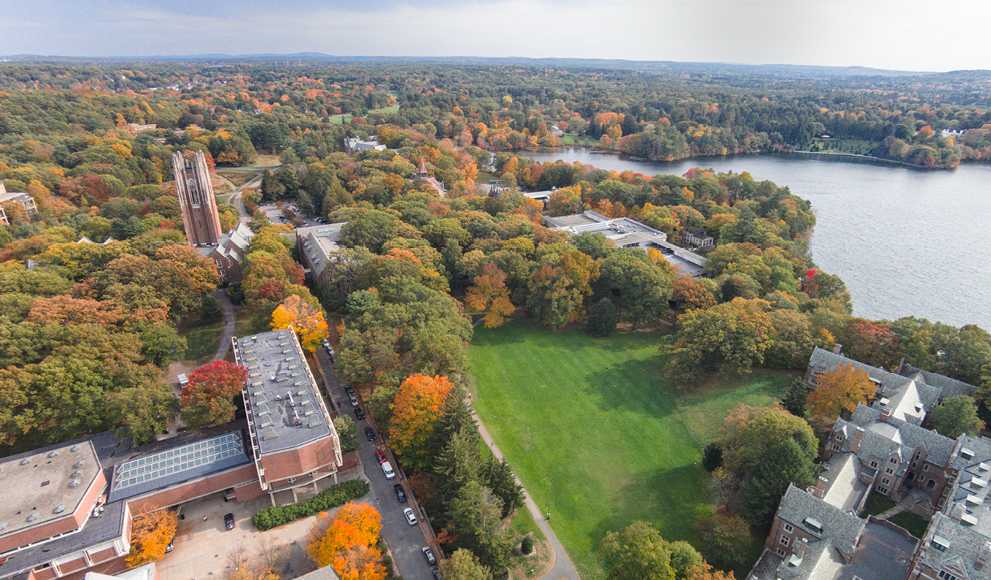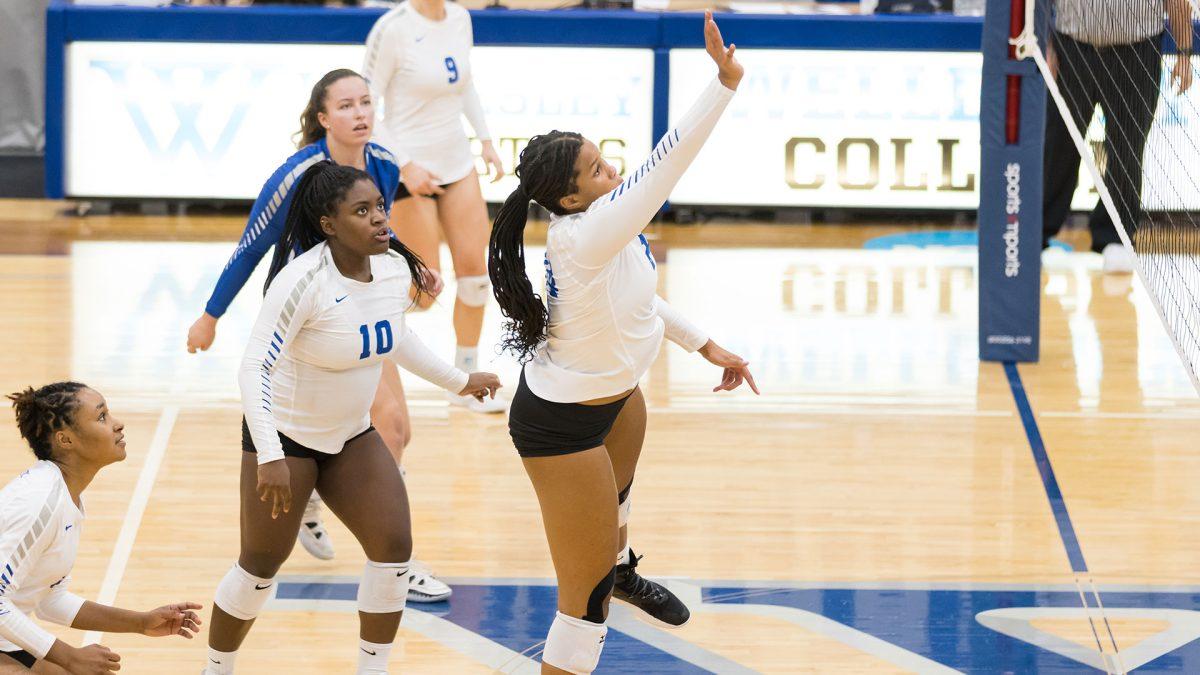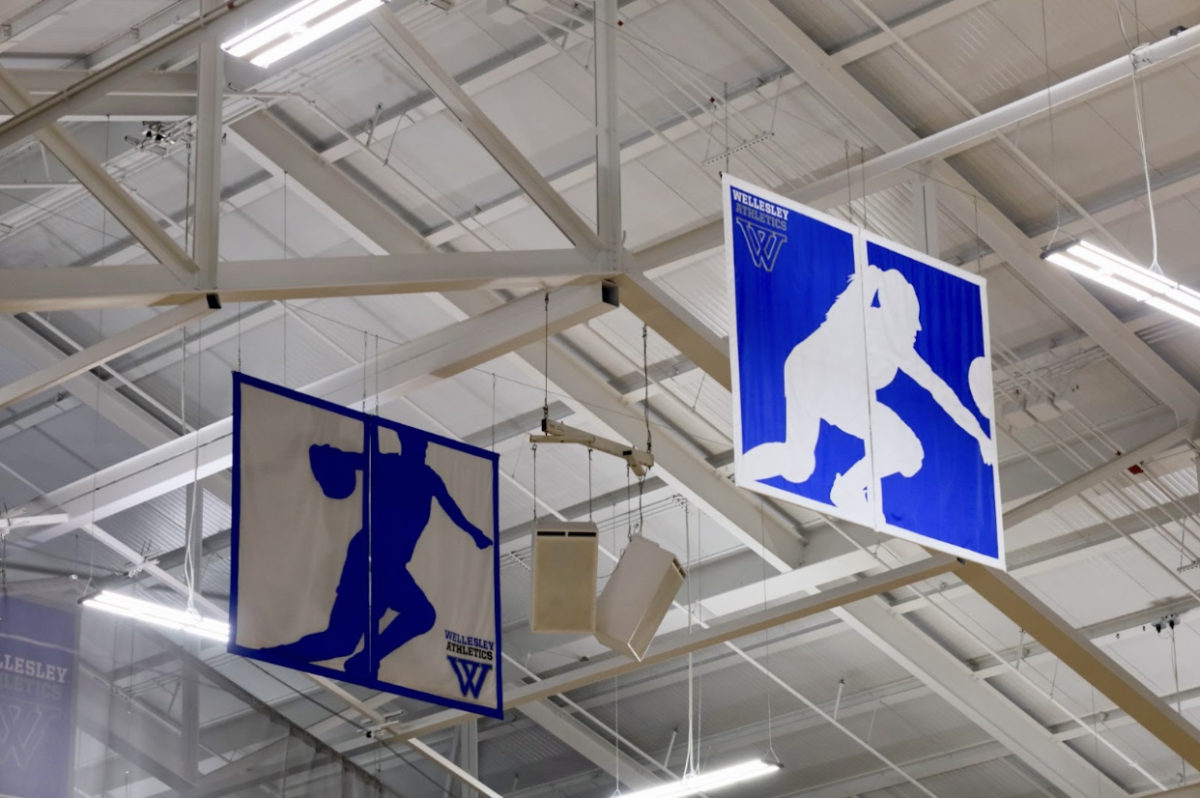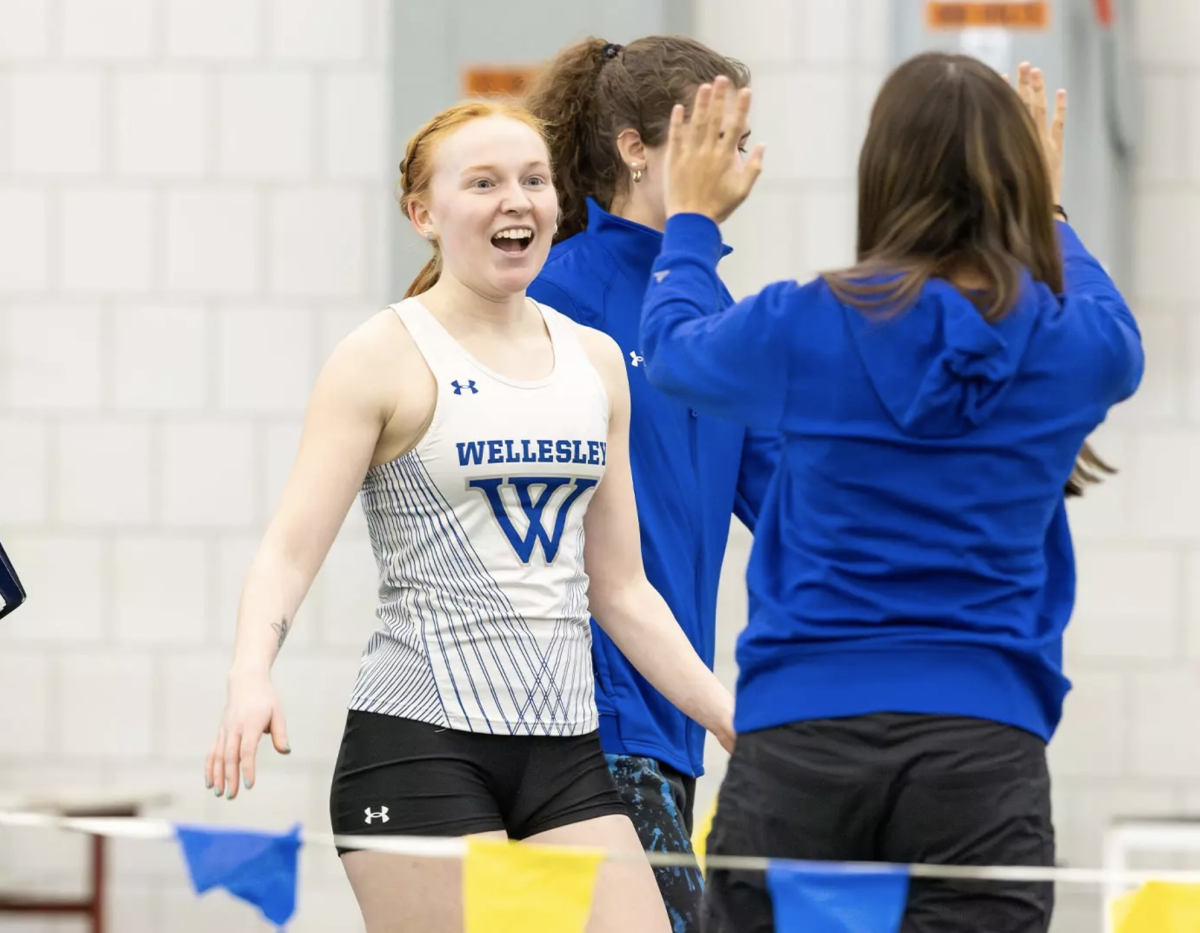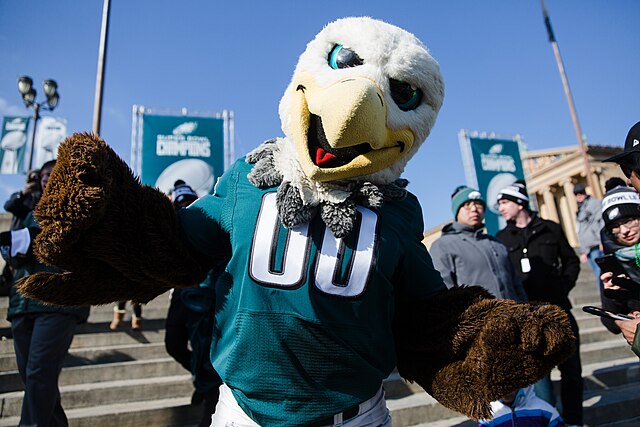Students Report from On-Campus Isolation
As the one year anniversary of Wellesley College shutting down approaches, COVID-19 preventions and precautions are no longer new to us. Nevertheless, the virus continues to spread through even some of the most careful communities.
Towards the end of fall semester, a first-year tested positive for COVID-19 on campus. She was sent an email to relocate to Dower early one morning and had to move all of her belongings across campus from Tower Court. The student reported being frustrated that she did not receive any help with this process. However, some staff members, such as the Director of Res Life and Housing, Helen Wang, did try to ensure the student’s comfort after arriving at her isolation unit in Dower.
“Helen Wang definitely tried her best to make sure my stay at Dower was more comfortable by giving me bottled water and even by bringing me some extra food on Christmas Eve, my last day of isolation,” the student said.
The student went on to inform the News that she did not experience any symptoms related to COVID-19, such as loss of taste and smell or trouble breathing.
“I was incredibly surprised by the notice because the furthest I traveled was to the Ville, and even then it was always with my friends, none of whom tested positive,” she said. “Spending 10 days by myself was horrible to say the least, but I understand the precautions they had to take.”
The student’s precautions and lack of symptoms prior to her isolation raised the idea that maybe she had a false positive test. However, the student was informed by medical staff that the sample was tested again after the first positive result for reassurance. Dr. Jennifer Schwartz, current medical director of Health Services, debunked these potential lapses in testing. According to Schwartz, false positives are very unlikely, and usually potentially occur when testing a recovered COVID patient, even if the person should test negative directly after testing positive for the coronavirus.
Some students also caught COVID-19 while living off-campus. Meiya Sparks Lin ‘22, who was off-campus for the fall semester, caught COVID-19 from their workplace. Four people at her work tested positive, and she did shortly after.
“I tested negative twice, and later tested negative for antibodies,” Sparks Lin said. “But I consulted a doctor, who told me it was likely that I had such a mild case that it didn’t show up on tests.”
Sparks Lin was fortunate to have a mild case, but still experienced bothersome symptoms associated with COVID-19, similar to those of the student on campus. For around five to six days, they experienced “mild symptoms of fatigue, sweats and chills, nausea, body aches, and shortness of breath.”
“The shortness of breath was the worst,” Sparks Lin said. “I couldn’t hold even a quick conversation without gasping and sighing. I could breathe in fully, but for each breath I felt like I was only getting two thirds or half the oxygen I normally do when breathing.”
The College’s attempt to curb the spread of the virus on campus led to quite a few students having to isolate when identified as a close contact of someone with COVID. Riya Balachandran ’24 found herself in this position. She attended an on-campus event that an unknowingly COVID-positive student participated in as well. Balachandran was notified early on Nov. 18th that she had to relocate to an isolation unit in the College Club.
“I was allowed to do laundry before packing since I had no clean clothes, and then I walked over,” Balachandran said. “I wasn’t that surprised since a couple people I knew who were already in the College Club told me I was probably a close contact, and I had already been isolating in preparation for this. My friends in Claflin all found out and I felt really supported as they sent nice messages and left snacks in the hallway for me to take into quarantine.”
COVID tests were administered to the students every other day at the beginning of isolation before returning to the normal testing schedule. Balachandran reported having issues with a lack of hot water from the shower she was assigned to, and another student isolating ran into some trouble with receiving meals everyday. Though these issues made for a frustrating isolation period, Balachandran felt sympathetic for the staff that were taking care of the isolated students, as most of the issues were out of staff control.
“In general, I feel like administration could use more staff specifically to deal with the ins and outs of full quarantine and various logistical issues.” Balachandran said. “Res life and the kitchen staff have enough on their hands as it is!”
Helen Wang, Director of Res Life and Housing, Peter Eastment, Director of Faculty Housing and Transportation, and the Office of Student Wellness helped the students with accommodations as much as they could given the novelty of the situation. Balachandran said she was appreciative. “I actually am currently wearing the cat socks I got in a comfort package made by Allison Weinberg through the Office of Student Wellness.”

